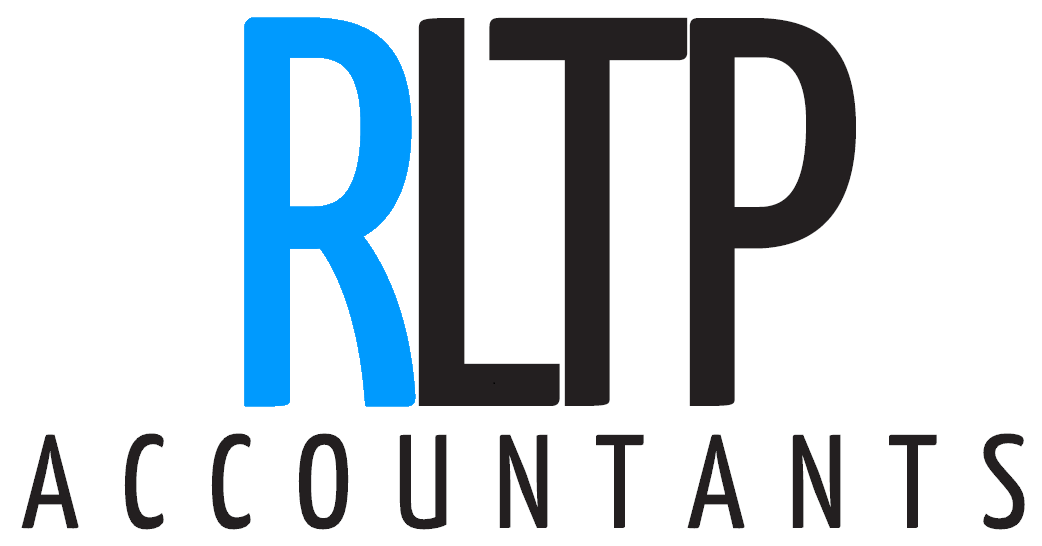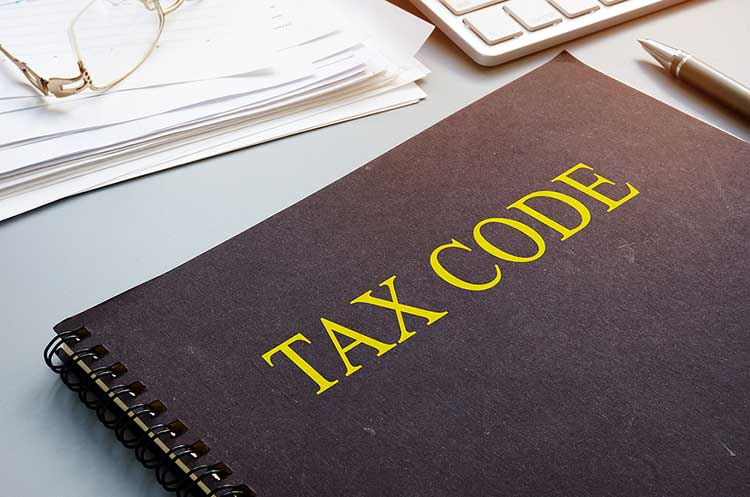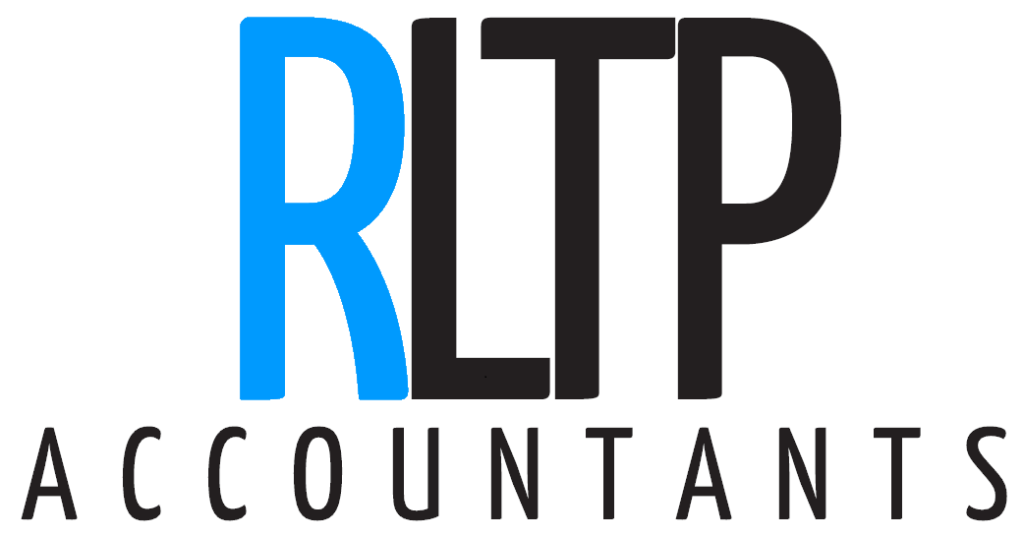Your tax code is used to calculate how much tax-free income (personal allowance) you receive each tax year. It will also determine the income tax you pay as soon as that threshold is exceeded. The personal allowance for every employee is £12,570, but there are several different factors that can affect your tax code or determine your personal allowance and we’ll be going through that in this article.
What does your tax code mean?
A tax code will usually be presented as a series of numbers followed by a single letter, such as 1257L, for example. The numbers in the code will tell your employer or payroll provider the amount of tax-free income you should be receiving annually (every tax year), although the last digit of your tax-free income is removed to give you your tax code. For example, if your tax code is 1257L, then your personal allowance would be £12,570 a year.
The letter reflects your situation and this may or may not affect your personal allowance. For example, ‘L’ suggests that you’re entitled to the standard tax-free personal allowance of £12,570, however if it’s ‘M’, it means you’ve received a 10% transfer of your partner’s personal allowance.
How can you check your tax code?
It’s important to check the tax code that appears on your payslip each time as it has to reflect your correct circumstances by way of your annual salary and the amount of tax you’re required to pay. If you don’t have a payslip to hand, you should be able to find your personal tax code using any of the following:
- A P60
- A P45
- The HMRC’s online portal
What is an emergency tax code?
If an emergency tax code has been applied, then this means you’ll be paying tax on all income received that goes above the basic personal allowance threshold. An emergency tax code will usually be shown as:
- 1257L W1M1
- 1257L X
- BR
There are a few reasons as to why you could now be on an emergency tax code. It’s only done if the HMRC doesn’t receive your income details within the required timeframe after your circumstances have changed. This could include the following situations:
- You have started a new job
- You were self-employed and are now working for an employer
- Receiving company benefits or a State Pension
An emergency tax code is a temporary measure and your tax code will be updated automatically once your employer has provided the HMRC with the correct details. If you have not paid the right amount of tax, however, the emergency tax code will remain until you have paid off what you owe for that tax year. Once this has been done, the code will revert back, usually, to 1257L.
Action to take if your tax code is wrong
If you have checked your tax code recently and you’ve found that it is wrong, you’ll need to contact the HMRC as soon as possible so that they can notify your employer. If you contact them directly, they’ll be able to explain your tax code to you in more detail.
If your tax code has changed, there might be a good reason for it, such as they need to recover unpaid tax from you. The HMRC will be able to go through it all with you if you have any doubts.
You can contact the HMRC online or over the phone, but it’s important to note that, regardless of the method in which you choose to get in touch, you will need your National Insurance (NI) Number to hand.
What factors can affect your tax code?
Various different allowances, benefits and contributions can affect the tax code you’re put on. The aforementioned could include:
- Pension contributions
- Charitable gifts
- Interest payments on loans
- Benefits in Kind
- Marriage allowance transfer
- Underpayment of tax in a previous year
If you work more than one job, then this shouldn’t be a problem as you’ll still be entitled to the same personal allowance. The only thing is, you will still need to notify the HMRC that you’re working more than one job. But it’s important to note that, depending on the overall income you’re earning, you could find yourself falling into a higher tax bracket.
What if you work for an umbrella company?
An umbrella company will deduct tax owed together with any National Insurance contributions before paying their employees. With this in mind, an umbrella company will not affect the tax code you fall under. However, the HMRC can still update or alter your tax code to ensure that all employees are paying the right amount of tax. Although they’ll always notify you of the change.
RLTP Accountants are highly-experienced, fully-qualified accounting professionals. With a skilled team of dedicated individuals at the helm of our operations, you can rest assured that we’ll provide you with sterling accountancy services that’ll expertly manage and streamline your finances. Specialising in small businesses and start up companies, no job is too big or small for our team of trained accountants. Some of the services we’re proud to offer customers throughout Derby, Leicester, Nottingham and the surrounding areas include: budgeting and forecasting, cloud accounting, company formation, bookkeeping and more. For more information about how we can help you today, get in touch with a member of our friendly, professional team – we’re always happy to hear from you.


